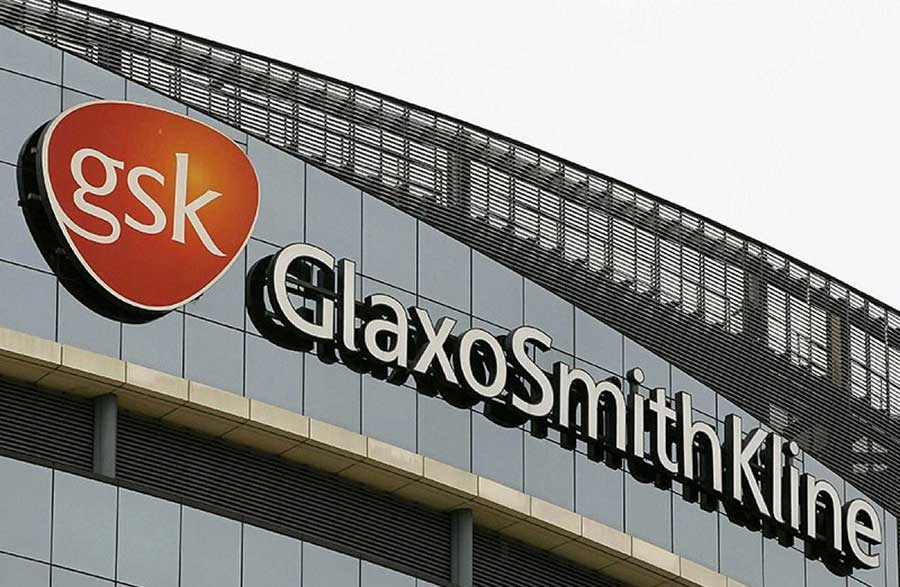Dr Timothy Zunkwe, a vaccinologist, says the exit of GlaxoSmithKline (GSK) from Nigeria could be a blessing in disguise. He, therefore, advised the federal government ‘to harvest the opportunities therein’.
Zunkwe, who works for an indigenous biotechnology research firm, told THE WHISTLER that the vacuum GlaxoSmithKline’s exit would create ‘is because Nigeria lacks the capacity to manufacture vaccines’.
Advertisement
According to him, GlaxoSmithKline is reputed for quality products due to its quality control administration.
In his words, “Nigeria has allowed itself to be an importing nation. Nigeria has some science-research centres that can fill the vacuum GlaxoSmithKline will create in terms of quality health products and job creation. If these opportunities are not managed well, there will be unemployment and more hardship for Nigerians.
“The value chain of products and services of GlaxoSmithKline is multifaceted. But with political will, Nigeria can make the better use of the opportunities. We have local drug manufacturing companies that the federal government can encourage through grants and tax waivers.
“We also have Nigerian scientists that are capable of building Nigeria’s vaccine production capacities. Let’s assemble them, and for the first time channel our collective resources towards being a vaccine manufacturing nation. It is not a rocket science.”
Advertisement
He said it was regrettable that the Nigerian Institute of Medical Research (NIMR) and the National Institute for Pharmaceutical Research and Development (NIPRID) ‘have not been energised to optimally perform their key roles in scientific revolution of the country’.
Recall that GlaxoSmithKline (GSK) last Thursday stated that it would quit operations in Nigeria after its 51 years’ existence in the country. It first opened its office in Lagos on July 1, 1972.
GlaxoSmithKline, a British multinational pharmaceutical and biotechnology company, is famous for products such as Panadol, Sensodyne and vaccines.
The British company had in a statement announced that, “In our published Q2 results we disclosed that the GSK UK Group has informed GlaxoSmithKline Consumer Nigeria PLC of its strategic intent to cease commercialization of its prescription medicines and vaccines in Nigeria through the GSK local operating companies and transition to a third-party direct distribution model for its pharmaceutical products.”



